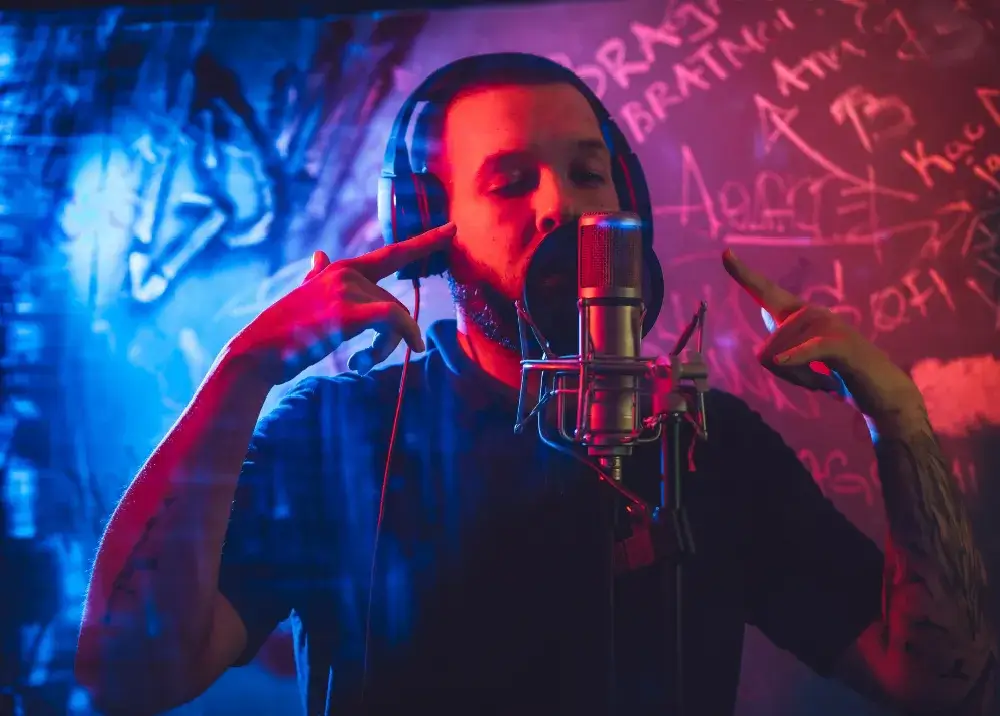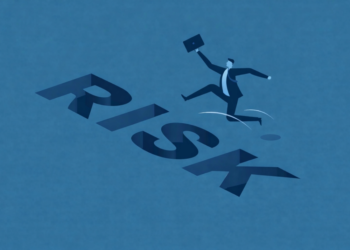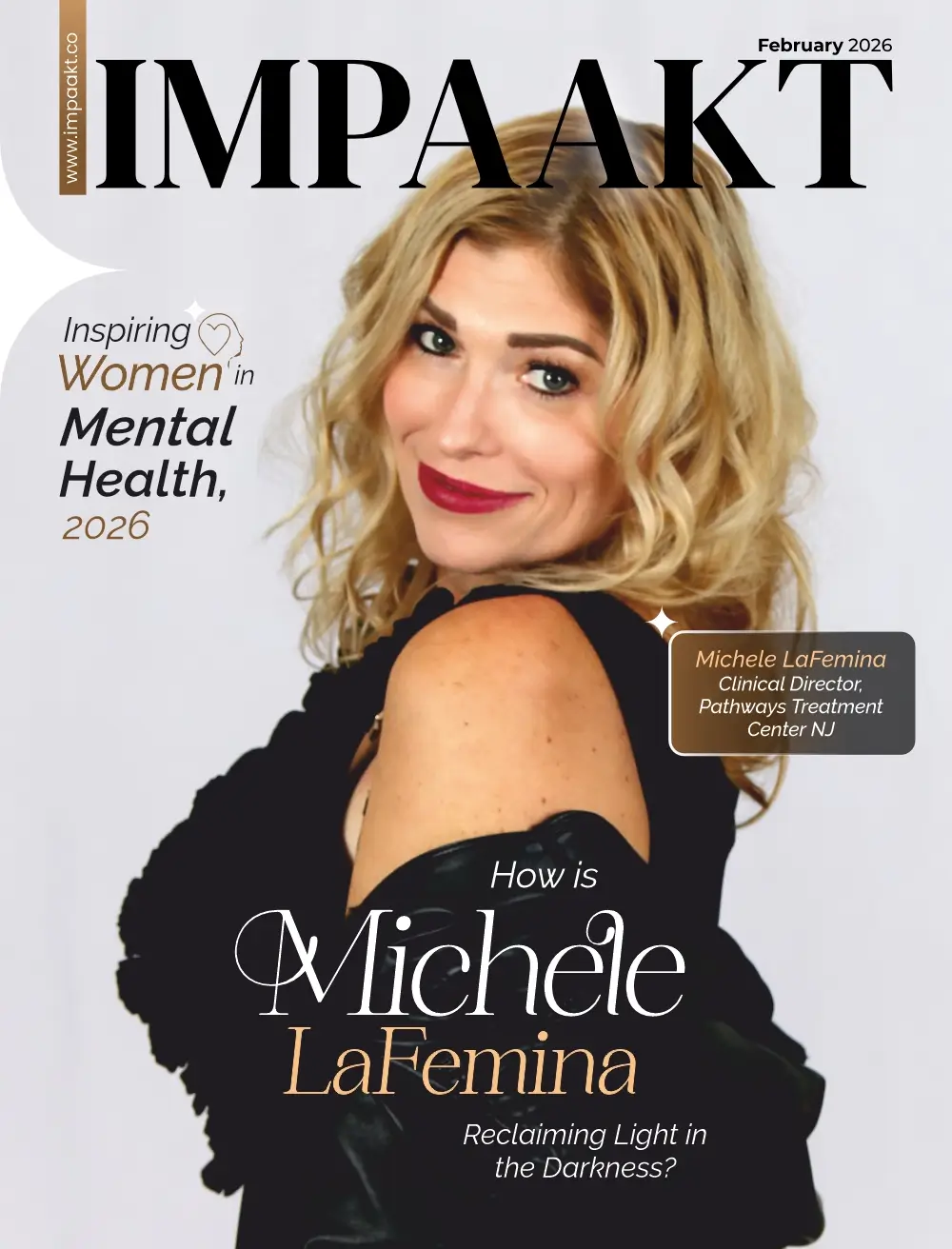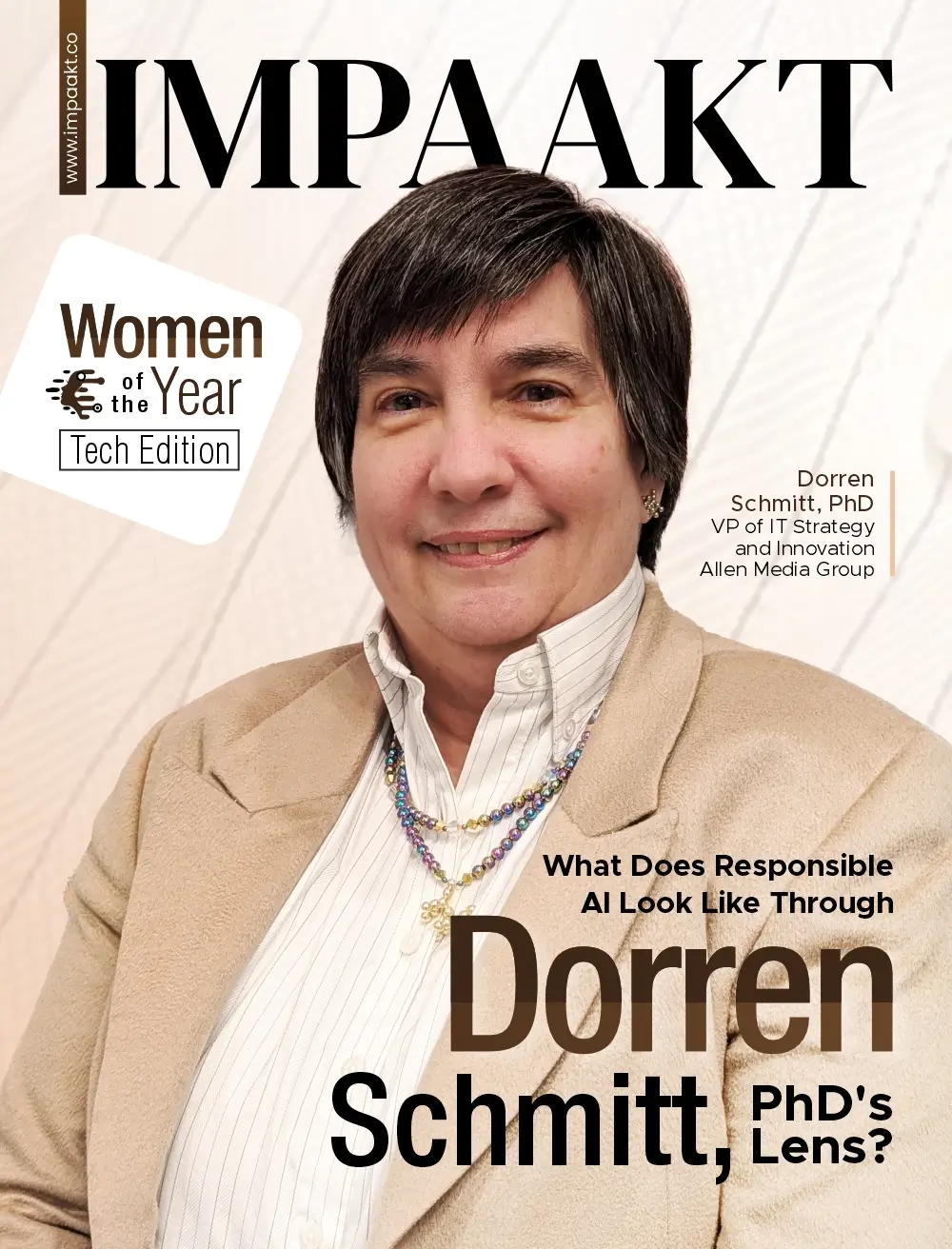Being an artist in the United States can be mentally and physically taxing, compounded by the complexities of navigating the expensive healthcare system. A 2019 study conducted by Swedish distribution platform Record Union revealed that 73 percent of the 1,500 independent musicians surveyed experienced symptoms of mental illness, and 41 percent admitted to daily concerns about their mental well-being. This added pressure stems from factors such as the fear of failure, financial instability, and the relentless demand to produce results.
This predicament isn’t exclusive to independent musicians; it extends to electronic music artists, including DJs and producers who rely on gigs and music releases to sustain their livelihoods. The constant hustle can take a toll on their emotional and physical health, creating an urgent need for mental healthcare support.
Sister Zo, a full-time artist, highlights the financial uncertainty as the most challenging aspect of her career. Despite her regular gigs and creative opportunities, she acknowledges the necessity of having faith in the process to find stability in the unpredictable world of pursuing one’s passion.
The U.S. health insurance system further complicates matters. Unlike many individuals who receive insurance coverage through their employment, artists are typically considered freelancers. Since they provide contract services, they are responsible for securing their own health insurance. While costs vary from state to state, the average monthly premium for a freelancer on the government’s insurance marketplace stands at $456.
The government does offer Medicaid for low-income individuals, but eligibility ceases once their income surpasses $14,580 annually (without any dependents). However, Medicaid options also differ from one state to another. Sister Zo is currently on Medicaid but faces challenges with her therapist not accepting the insurance due to her income level, which doesn’t qualify her for subsidies.
Similarly, New York artist WTCHCRFT criticizes the government system as inadequate, forcing him to pay out of pocket for therapy and antidepressants. Finding insurance coverage for these services can be challenging amid the many other financial concerns that artists already grapple with.
In contrast, artists in other countries benefit from more favorable healthcare systems. In Germany, a government scheme called Künstlersozialkasse treats artists like employees and covers half of their health insurance contributions. In the UK, everyone, regardless of employment status, enjoys free access to the NHS. Basic healthcare in Canada is publicly funded and universal, although mental health services like therapy may incur additional costs.
Elle Bernfeld, a licensed clinical social worker in Brooklyn, emphasizes the difficulties that artists face and the unique challenges that therapy can help address. She believes that addressing mental health issues can enhance an artist’s performance and overall well-being.
Unlike some artists, Memphis-based Qemist lacks insurance altogether due to unaffordable options. The fear of healthcare expenses while on tour adds to the stress of being an uninsured artist. Qemist resorts to community health organizations and urgent-care clinics that offer sliding-scale payments, but finds the available options insufficient.
While Bernfeld acknowledges the challenges of seeking appropriate mental healthcare, she encourages artists to explore the full extent of their insurance coverage and seek offices that offer sliding-scale payments based on income. She emphasizes that although paying out of pocket can be burdensome, the right treatment can significantly improve an artist’s life and well-being.











